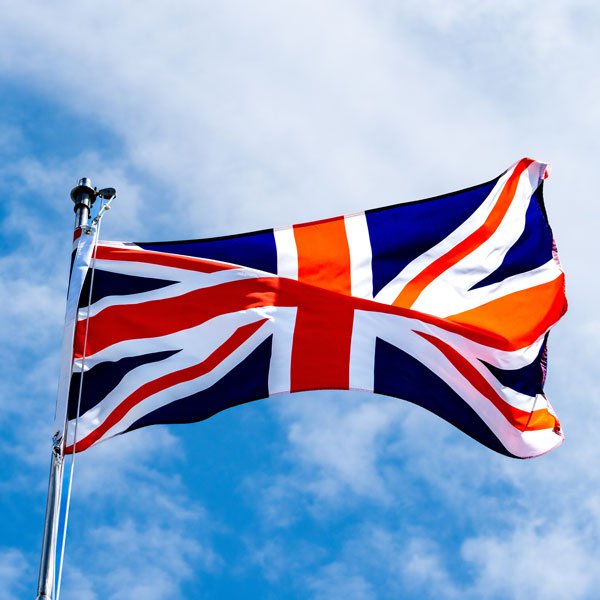

After a lengthy contest during the Summer, the British Conservative Party chose to elect Liz Truss, the former UK Foreign Secretary, as its new leader. As a result, Truss is now the fourth British Conservative leader since 2016, and the UK’s third female Prime Minister in its history.
Liz Truss is a familiar figure in the UK, having been in frontline British politics for nearly a decade – she first led a government department under Prime Minister David Cameron in 2014.
To survive this long in any political theatre requires a great deal of political mastery and the instinct to survive. Truss has this in buckets.
In her career, she has switched from being against Britain leaving the EU, to being strongly for it. From being an environmentalist, to talking down net zero policies. Truss even once called for the end of the British Monarchy in her youth, whilst a member of the UK Liberal Democrat Party. It’s likely not even the Prime Minister could have imagined delivering a reading at the State Funeral of Queen Elizabeth II decades later.
With these oscillating positions, it is hard to conclude what Liz Truss actually believes in, though her government’s recent radical ‘mini-budget’ has provided a strong indication. See Pagefield’s analysis of the Chancellor’s statement here.
Given it’s now clearer where Truss’ government may take the UK on a global stage, we have set out below our thoughts on what some of her positions are likely to be.
Building an outward facing nation
Liz Truss sits on the right of the British Conservative Party and previously held the position of Trade Secretary between 2019 and 2021. In this role she championed a free market, acted as ambassador for British business on the world stage, and sought numerous trade deals.
Truss was highly praised by commentators for getting her head down and delivering on her brief. During her time in office, she was able to secure new trade agreements with 68 countries plus the EU.
In a speech before she was promoted to Foreign Secretary, Truss summarised her global approach as growing trade “with the fastest-growing parts of the world and to turbocharge trade, particularly in digital and services.” Now that she’s Prime Minister, this ambition will form part of Truss’ wider political vision to make Britain an “aspiration nation” and to “get Britain working again”.
One way Truss will do this at home, to attract new inward investment, will be by keeping corporation tax at 19%. Her government is also creating 38 ‘investment zones’ across the UK which will be served by business incentives to foster growth.
One thing is for certain with Liz Truss, despite many comparing her to other global right-wing leaders like Donald Trump, you certainly should not expect a policy of protectionism from her government, even during economic uncertainty. Truss has previously said protectionism is “no way to protect people’s living standards”. Instead, her government will be championing the power of economic transparency as a means to help.
Britain on the world stage
On the world stage, the UK government is expected to be outward looking and involved. Already, Truss has used her first international appearances as Prime Minister to take the charge against Putin’s war in Ukraine. The support for Ukraine will continue to be a feature of this government and the fact Ben Wallace, the Defence Secretary, has remained in post indicates this.
Truss is unafraid of standing out on the international stage, and one area where this may become more prominent is her views on China. One of her government’s first acts was to make plans to declare China as an official threat, which is the first time this has been done. In practice, we may see more hawkish policies towards Chinese investment, businesses (like TikTok) and their politics, such as on Taiwan’s independence. If she does, the EU, Commonwealth and the US may come under pressure to follow suit.
In a more positive vein, it’s expected we’ll continue to see the UK government looking for new trade deals, including with the US and India – the latter being something the British government may be eying up as a ‘quick win’ as much is already settled.
But no person is an island, so to deliver her plans globally, Truss will be relying on her cabinet of key supporters. Internationally, the three main operators will be:
All three are seen as being on the right of the political spectrum, and all are expected to continue on the free-market path Truss has set for them. If you want to learn more about Truss’ team, see Pagefield’s rundown in-depth here.
Opportunities for business
When considering how businesses can work with the UK government, the key consideration above all others should be what’s happening domestically. And much like other nations, the key challenge for the UK government is economic uncertainty and inflation – which Truss has already taken significant action to tackle.
Given Liz Truss may only be in power for two years before a new national election, businesses that are able bring wins to the UK government, such as news jobs or investment, will discover very favourable open ears in Westminster.
Access to the ECCO Global Communications Network is simple. Contact information for a specific geography is available on the agency overview pages accessed here or contact the ECCO Global Communications office via email info@ecco-network.com.